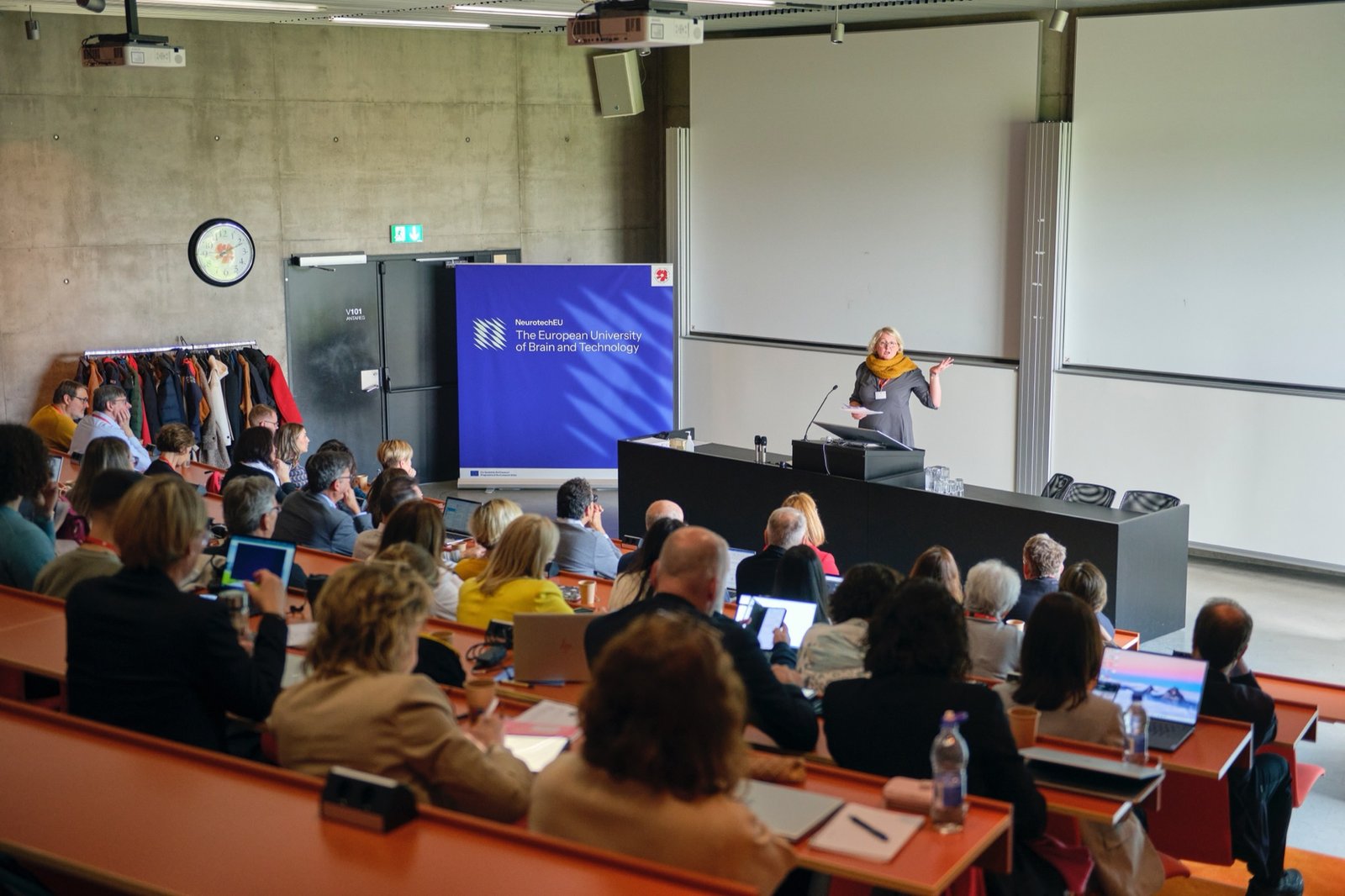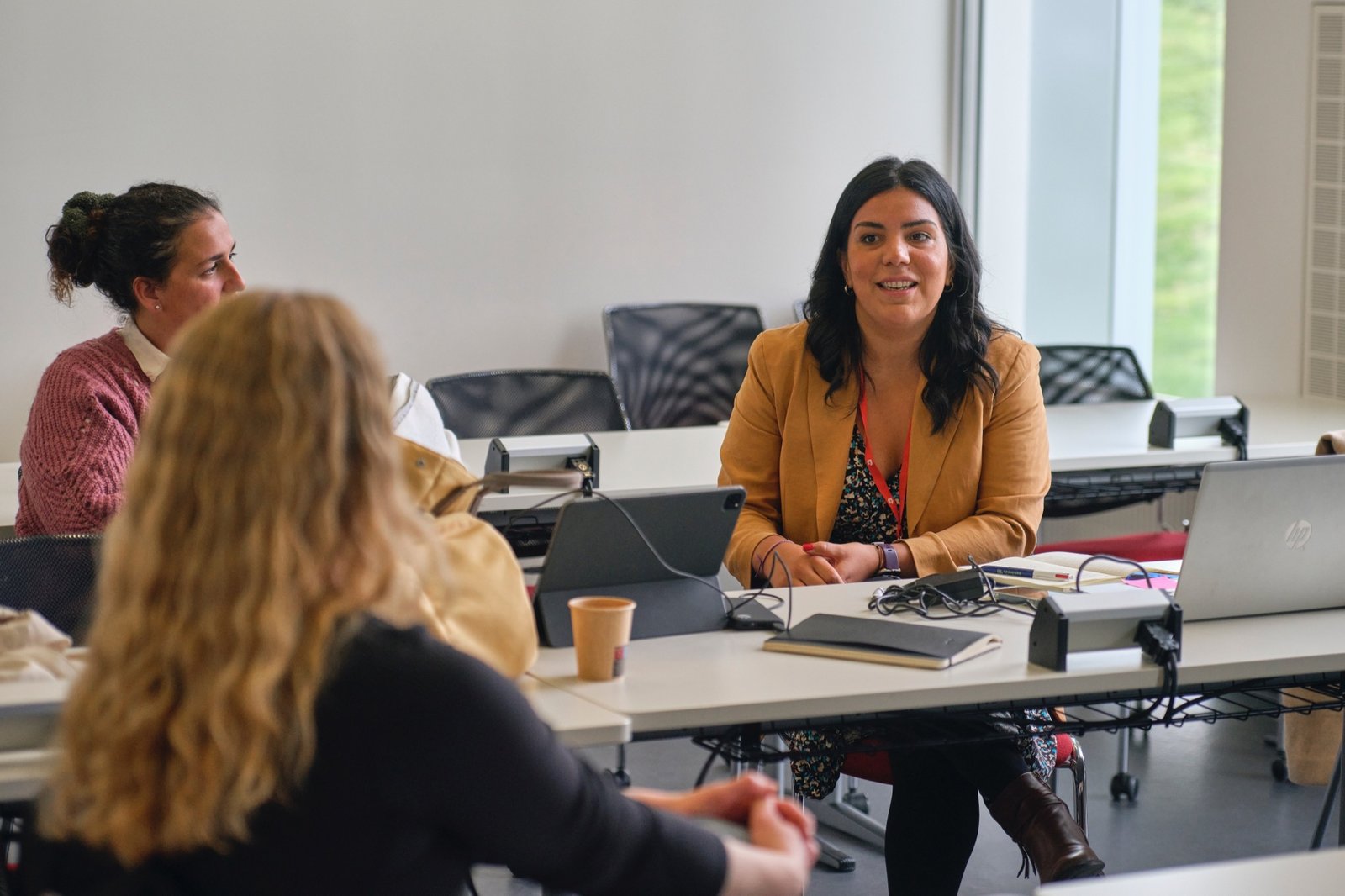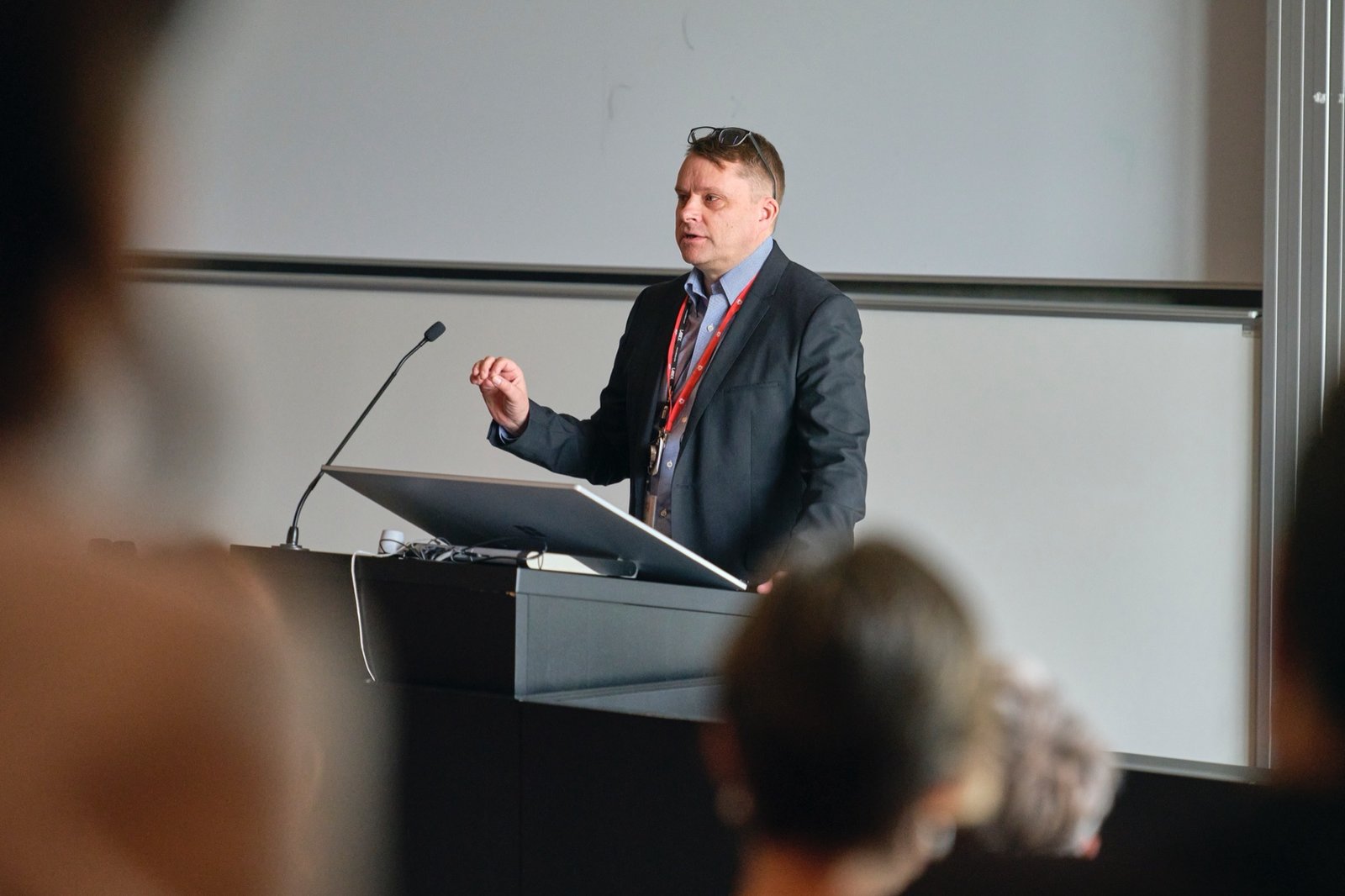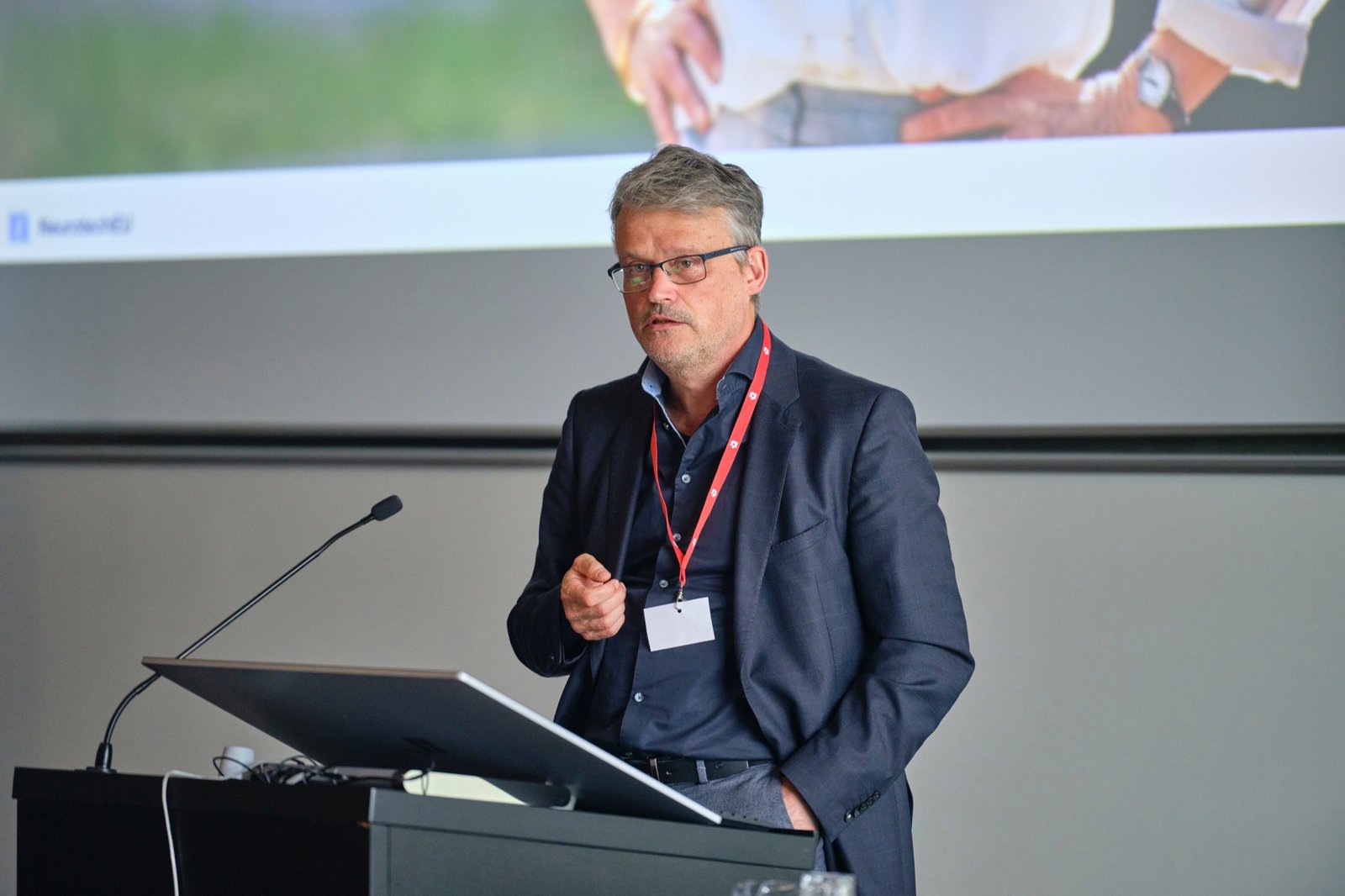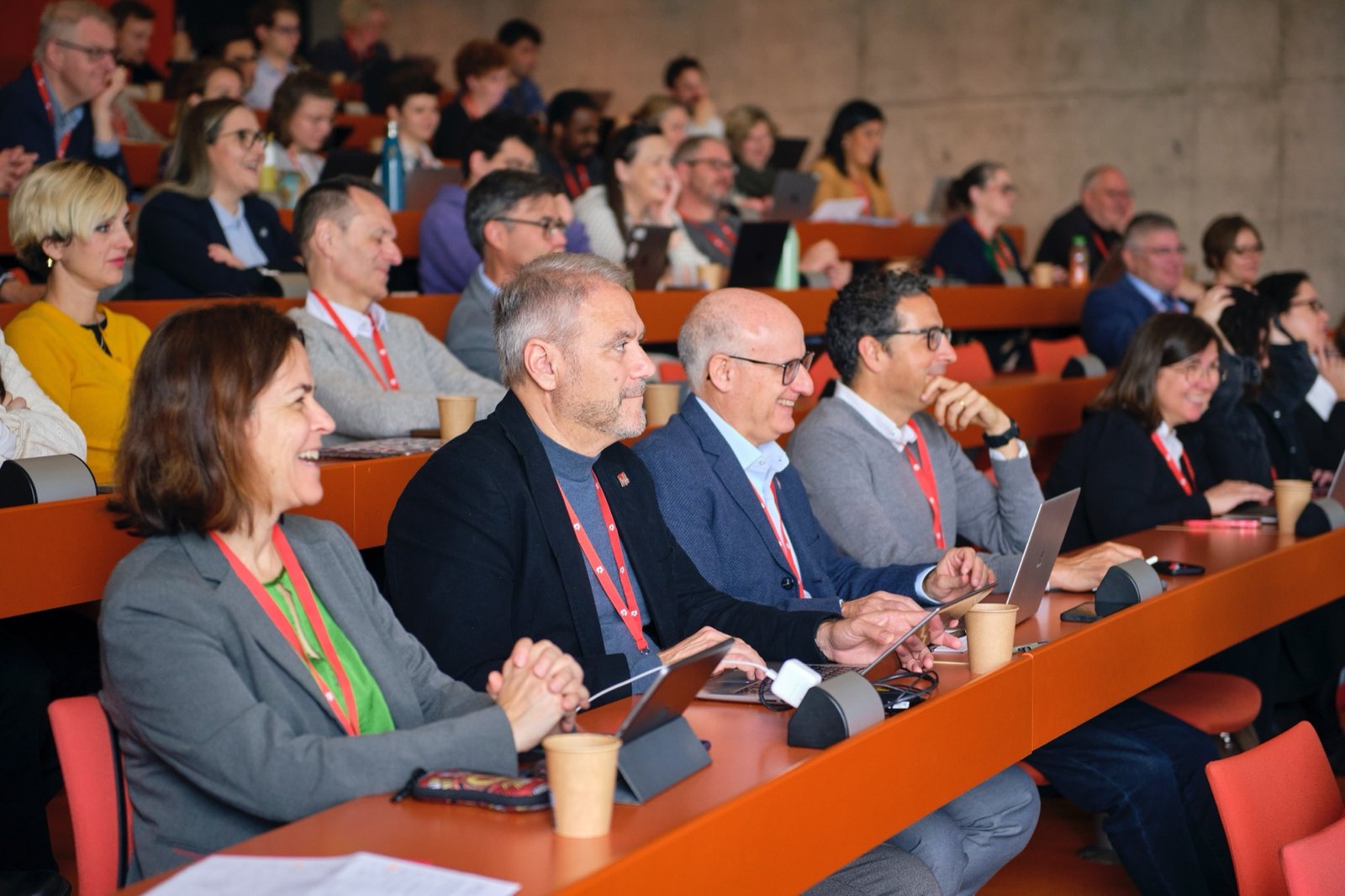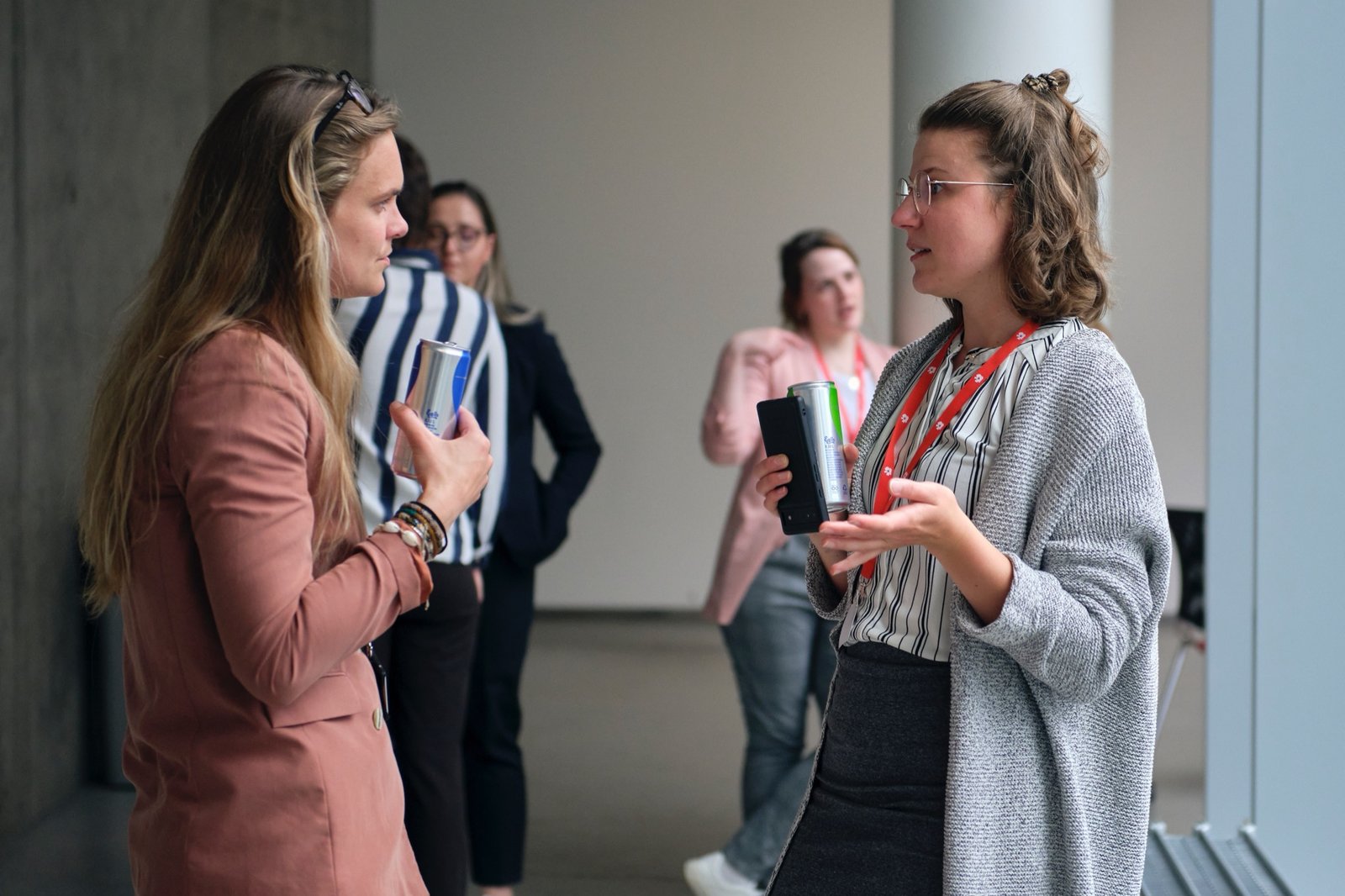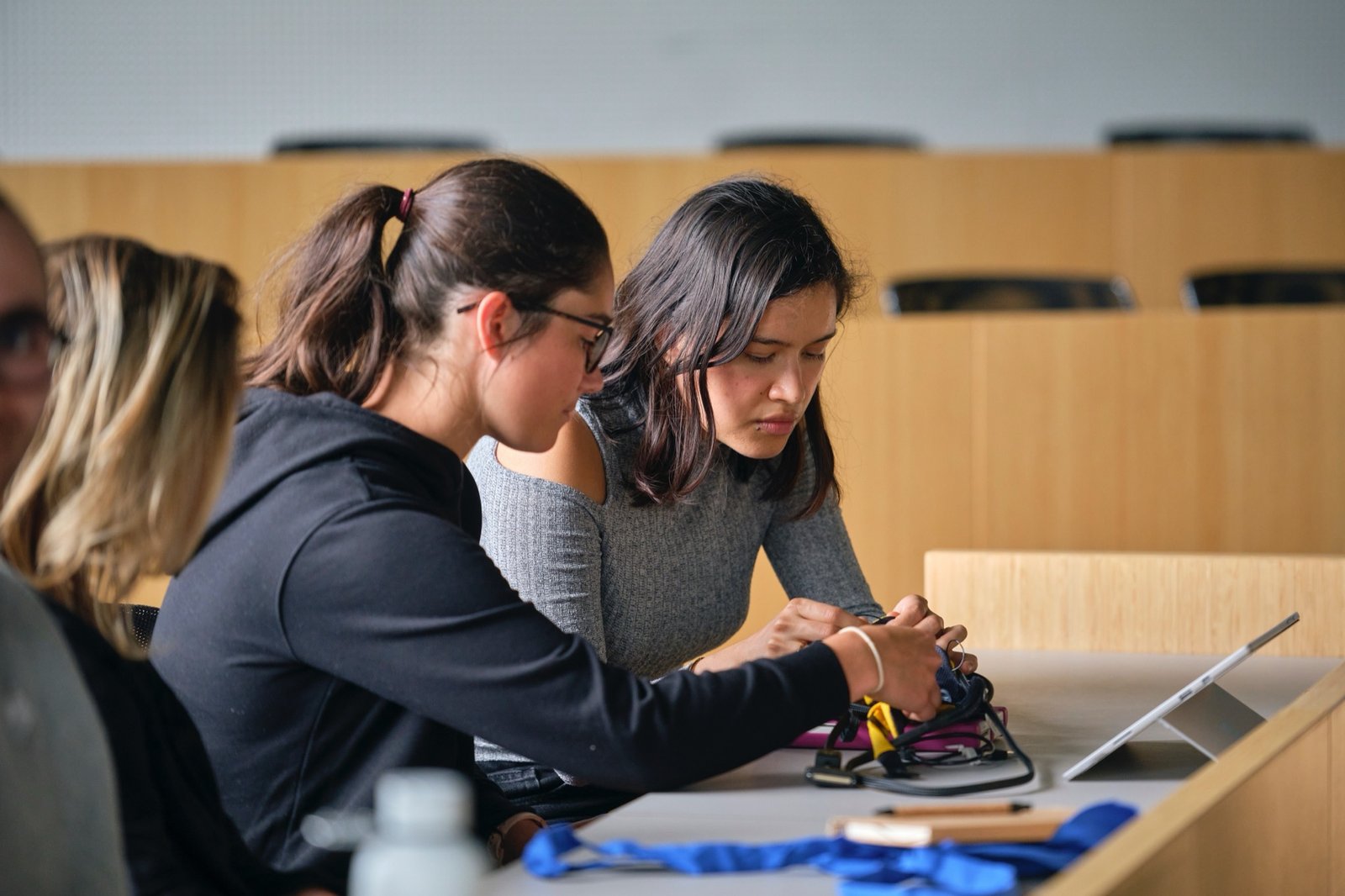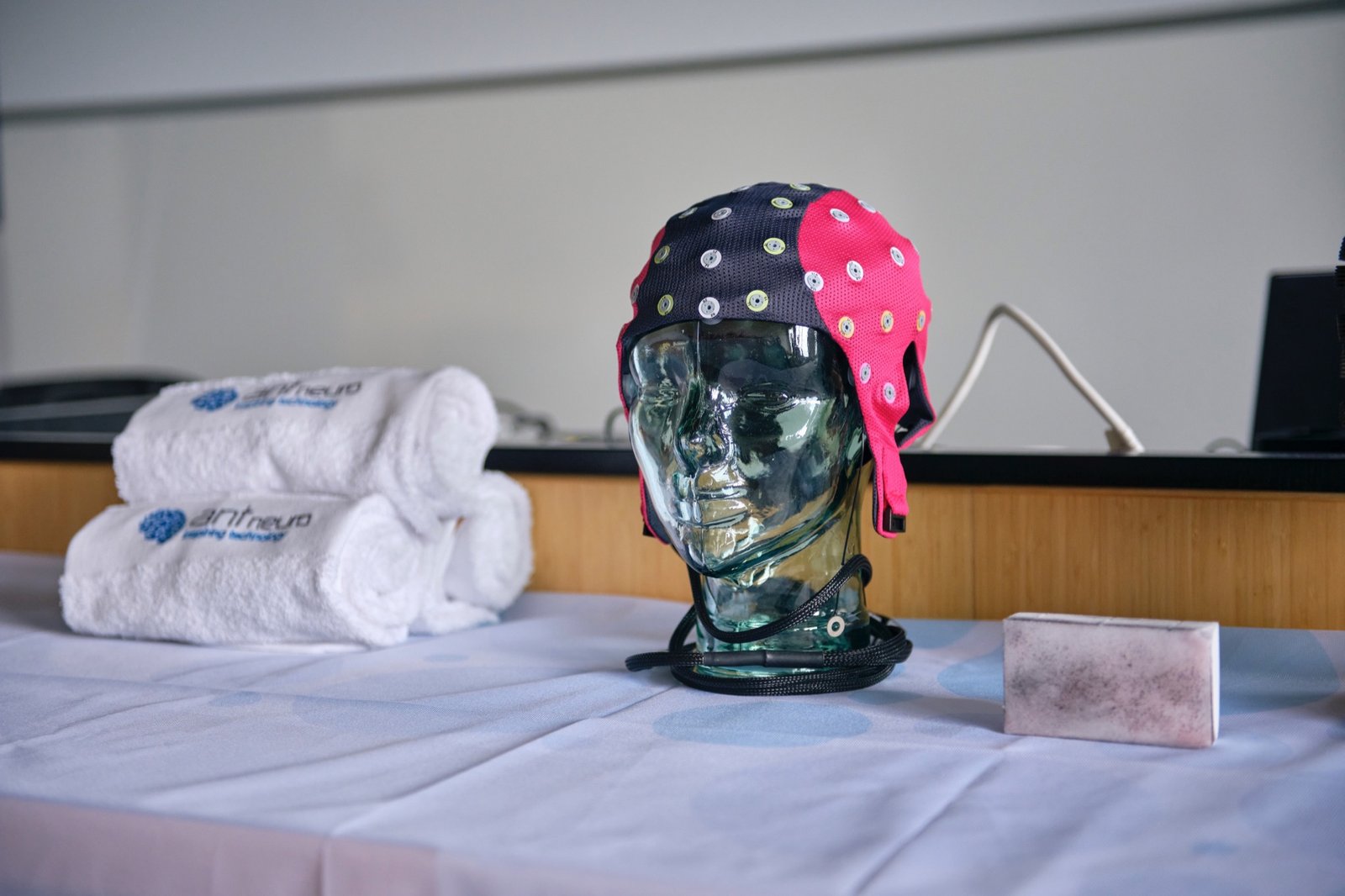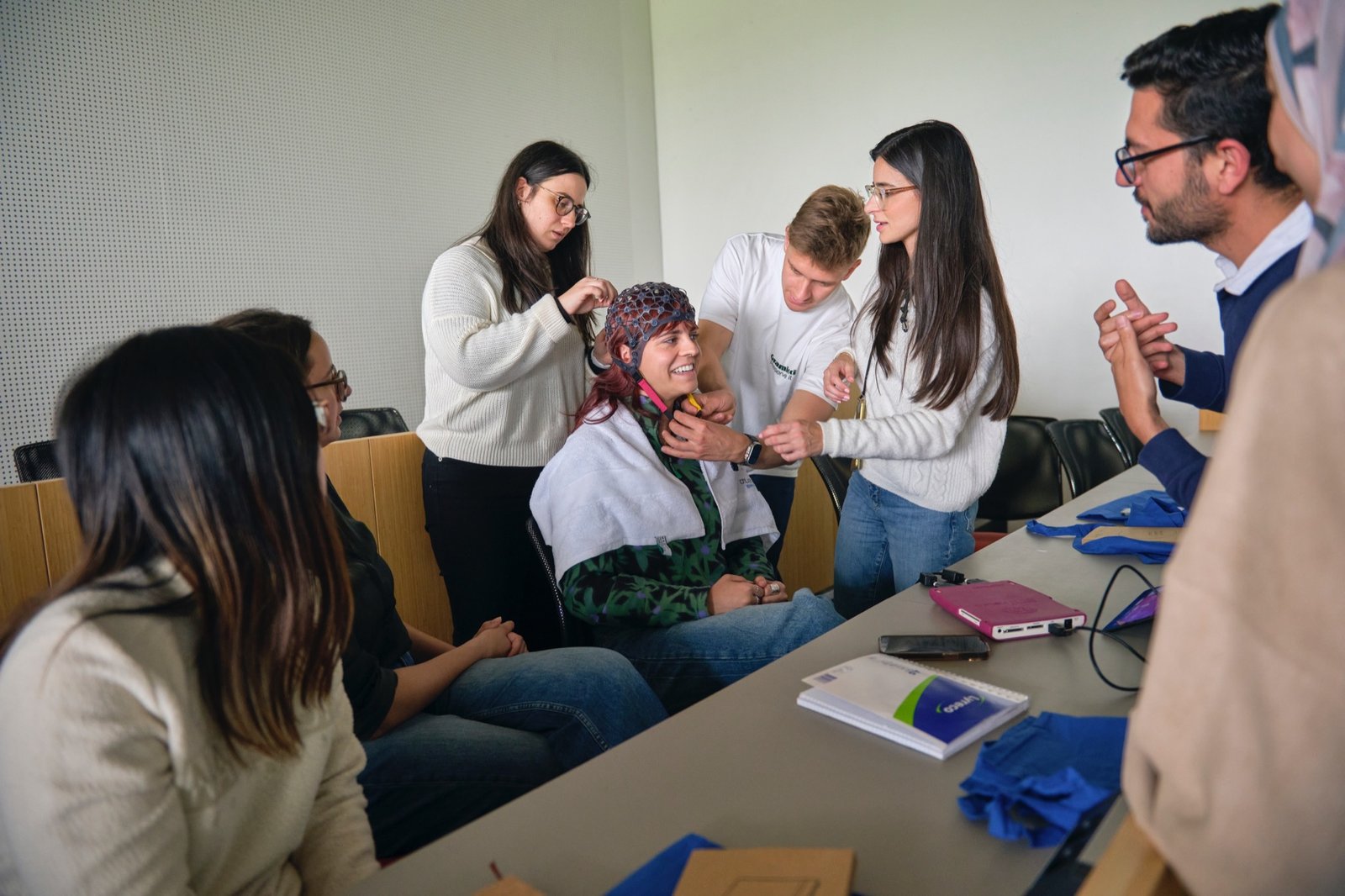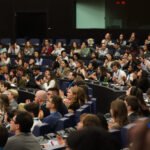The 7th Board of Rectors meeting – a great gathering in Reykjavik
NeurotechEU was invited to the beautiful island of volcanoes, glaciers, and untouched nature. In the 7th NeurotechEU Board of Rectors (BoR) meeting students, researchers, administrators, project leads and rectors from our 8 partner universities came together for an open discussion on the future of NeurotechEU at Reykjavik University. With each BoR meeting, we are glad to witness the increased community feeling that NeurotechEU created among our European Universities.
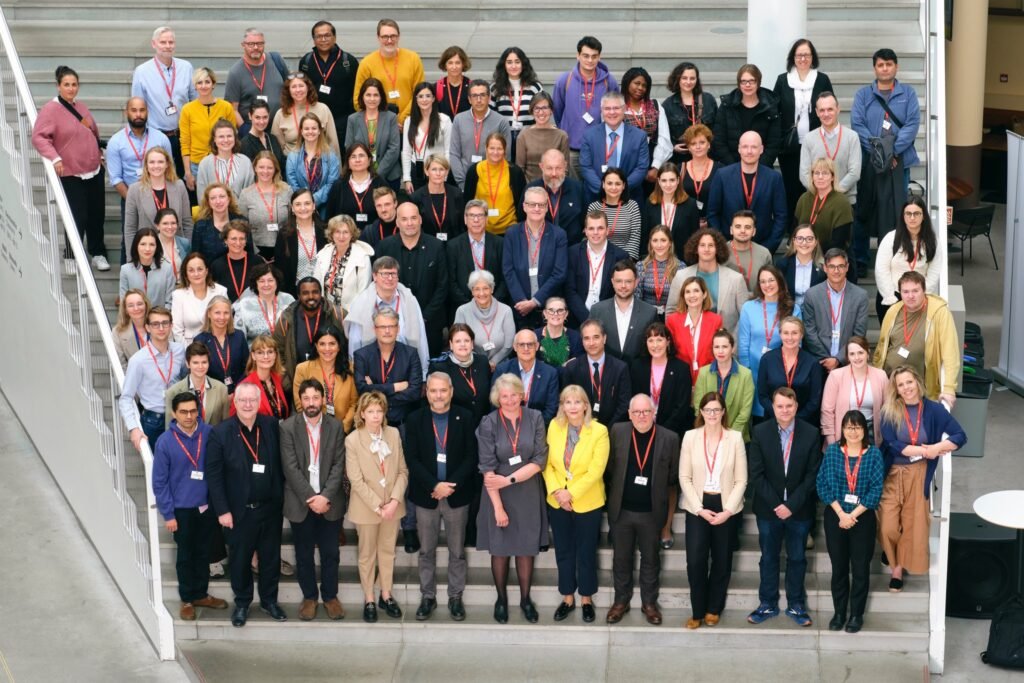
This BoR started on the 27th of May with a Symposium, titled “Towards Transdisciplinarity in the Investigation of Neurological Diseases.” The Symposium featured transdisciplinary research talks by NeurotechEU researchers, highlighting the critical need for collaborative approaches to tackle the growing
prevalence of neurological diseases. The event underscored the importance of integrating neuroscience and technology, fostering cooperation with industry and society to accelerate research progress and broaden treatment possibilities.
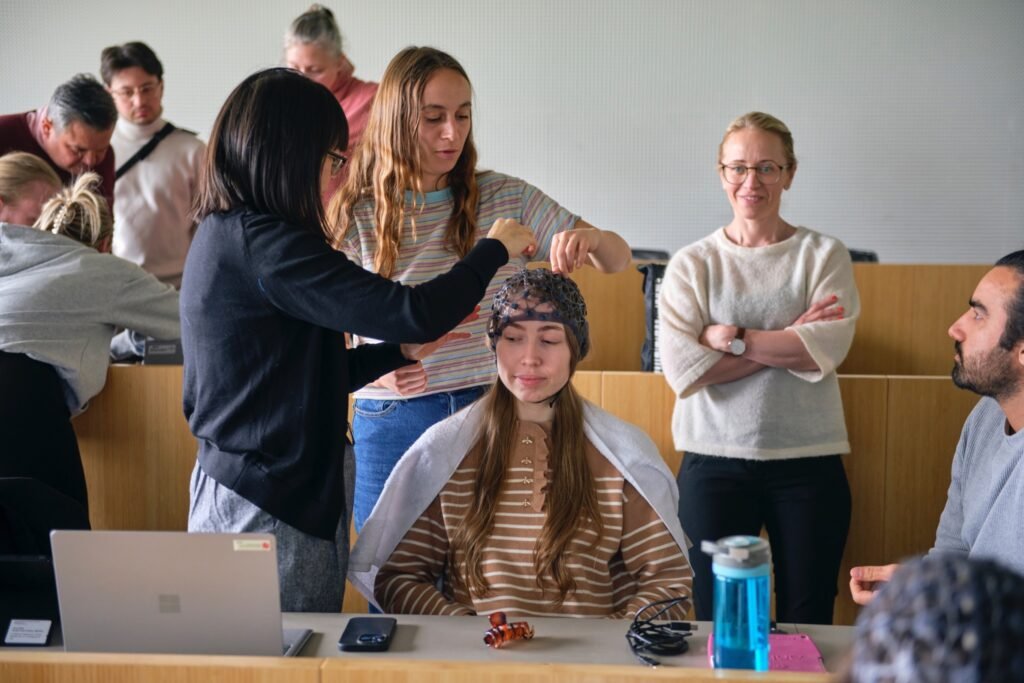
In phase 2, we want to focus on action, bringing to life the visions we defined and worked on in phase 1. NeurotechEU—together, everything can happen!
Regarding education and mobility, NeurotechEU will focus on a concrete action plan for a joint master’s program in neurotechnology and increased student mobility on all levels (bachelor, master, PhD).
This summer, a significant milestone will be reached by implementing all NeurotechEU activities, educational content, forums, and mobility possibilities in one common platform: Campus +.
Campus + will provide a common strategy for communication on all levels within the alliance, as well as give students and researchers from our partner universities the possibility to discuss, connect, form collaborations, and match students and research groups. Postgraduates can benefit from a research and development school in the form of a lifelong learning platform. Members can also follow NeurotechEU activities at all partner universities in the NeurotechEU calendar.
Communication is vital, and thanks to the work package on impact and dissemination, many identified obstacles from phase 1, such as adapting communication to different audiences and sustaining engagement, were tackled successfully. Creating different work groups with a particular focus, e.g., on social media outreach, increased the visibility of NeurotechEU on various platforms and fostered audience engagement. Follow us on LinkedIn, Instagram, and X to be up to date on all NeurotechEU events and participate in TechTuesdays or BrainyFactFriday and NeurotechEU competitions.
In the evening, the participants explored life-sized models of the 23 whale species found in Icelandic waters and enjoyed the interactive Circuleight show in the Harpa Concert Hall. The light show was inspired by eight elements: lava, basalt, glacier, water, flora, algae, microorganisms, and volcanic gas.
What a success! Thanks to Reykjavik University for hosting and to all members for their participation!
